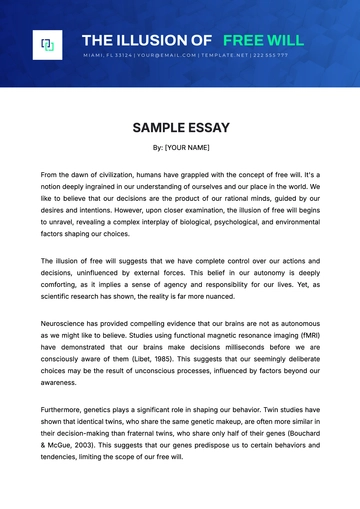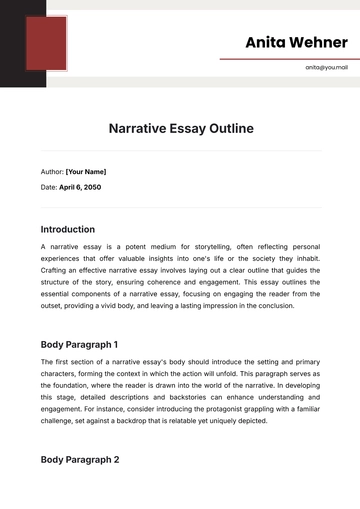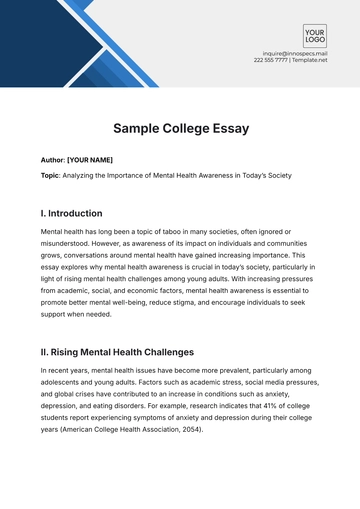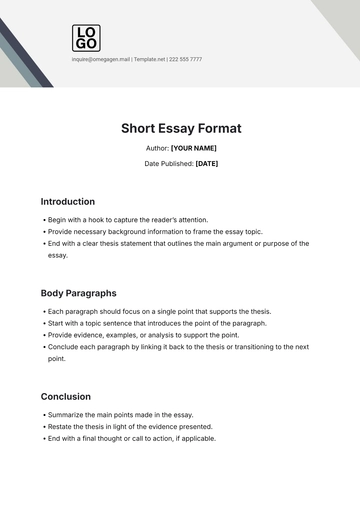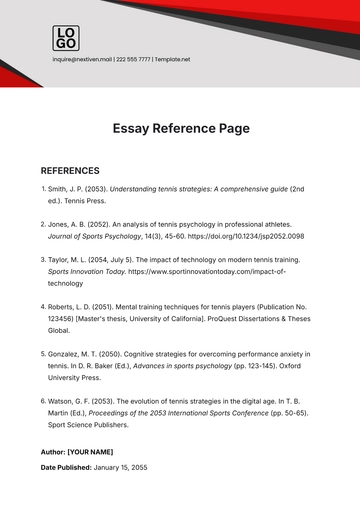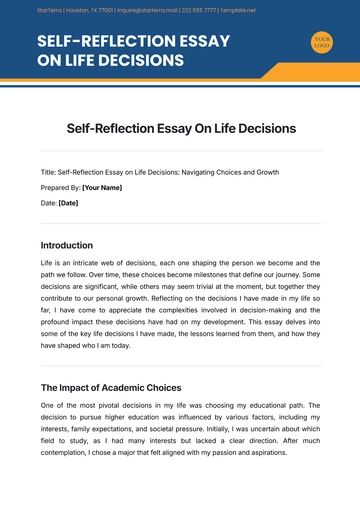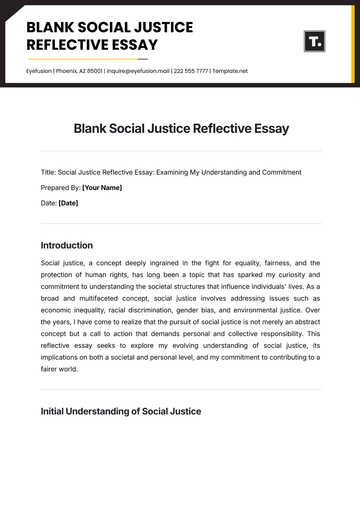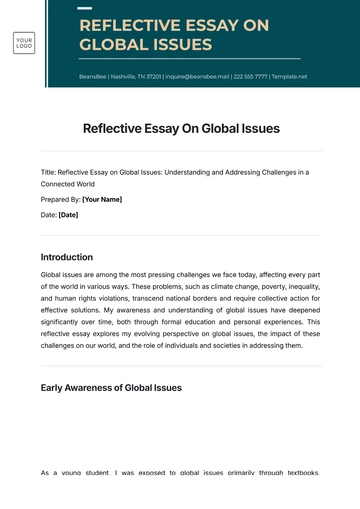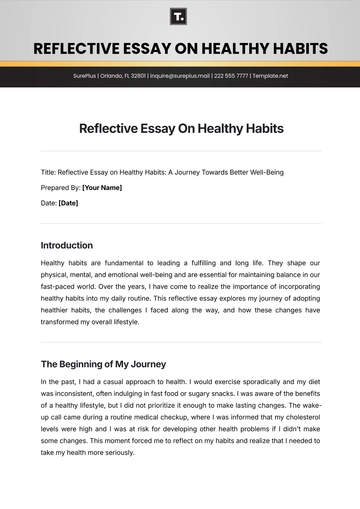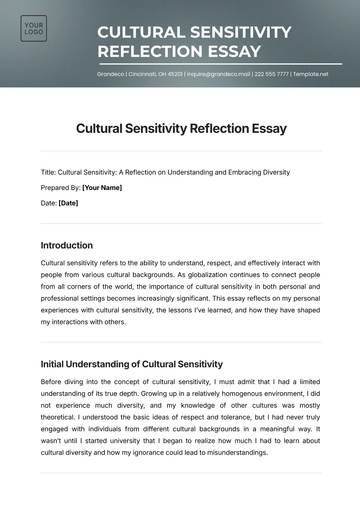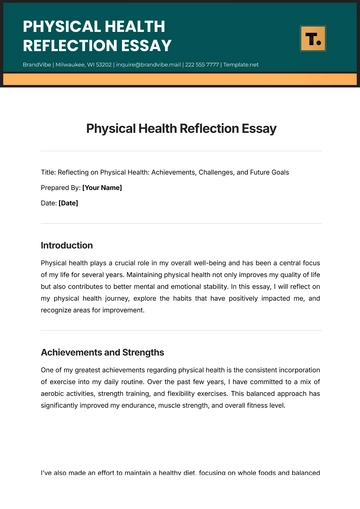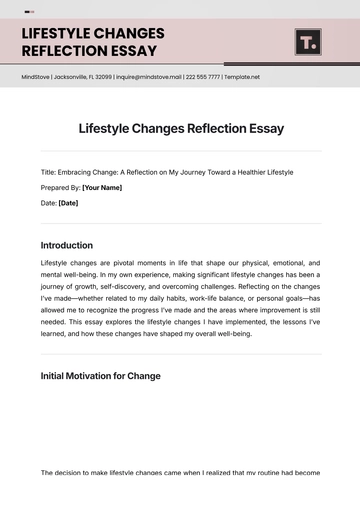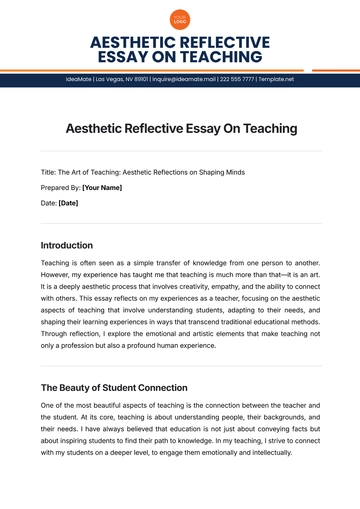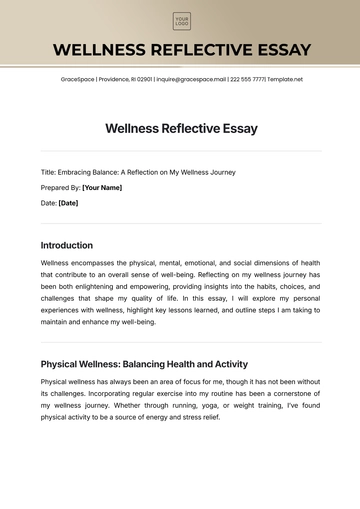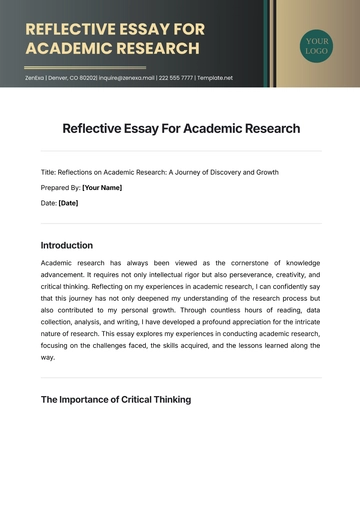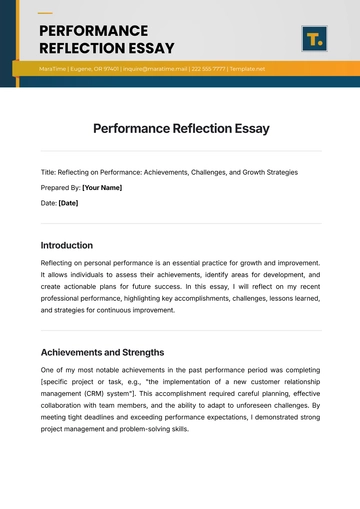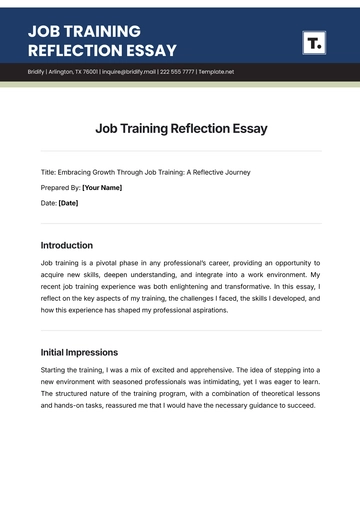Free Essay Citation
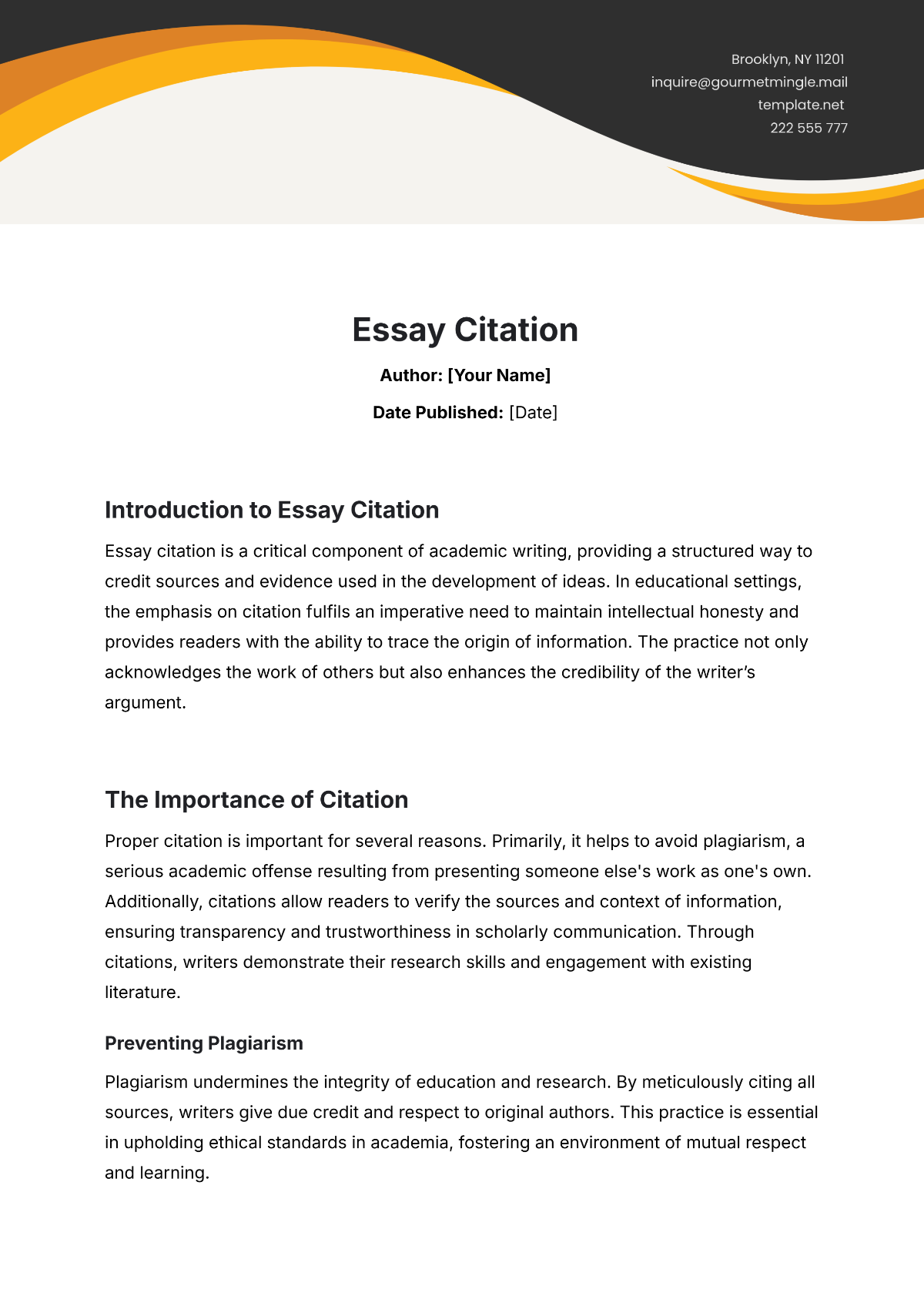
Author: [YOUR NAME]
Course Name: Introduction to Sociology
Instructor Name: Dr. Samantha Roberts
Date: 2058
Title of Essay: Exploring the Mental Health Stigma in Society and How to Address It
I. Introduction
Mental health stigma remains a significant barrier to individuals seeking help in today’s society. Despite growing awareness and advocacy efforts, many people still view mental illness through a lens of shame or weakness. This essay will explore the roots of mental health stigma, its impact on individuals, and potential strategies for addressing it. By examining both societal and institutional factors, the essay aims to provide a comprehensive overview of how stigma can be reduced and how individuals and communities can create a more supportive environment for mental health.
II. Literature Review
Mental health stigma is a pervasive issue in both developed and developing societies. According to Smith (2054), mental illness is often associated with social isolation, discrimination, and a lack of understanding. Research has shown that this stigma can discourage individuals from seeking treatment, leading to prolonged suffering (Johnson & Taylor, 2055). Further studies by Kim (2057) highlight the role of cultural beliefs and the media in perpetuating negative stereotypes about mental health. The stigma surrounding mental illness is not just a personal issue; it is also deeply embedded in societal attitudes and institutional practices.
III. Methodology
The research used a mixed-methods approach, combining qualitative interviews with individuals who have experienced mental health challenges and quantitative surveys assessing public perceptions of mental illness. Interviews were conducted with 15 participants who self-identified as having struggled with mental health issues, while surveys were distributed to 200 individuals from various age groups and backgrounds. Data analysis involved coding interview responses for recurring themes, such as feelings of isolation and the impact of stigma on mental health care decisions.
IV. Results/Findings
The findings revealed that 70% of survey respondents reported feeling uncomfortable discussing mental health issues in public settings, and 60% felt that mental illness was often misunderstood or misrepresented in the media. Interviews indicated that participants frequently faced discrimination in both personal and professional settings, with many reporting reluctance to seek treatment for fear of being labeled as "weak" or "unstable." Additionally, several participants mentioned that their cultural backgrounds influenced their reluctance to address mental health concerns openly.
V. Discussion
The findings suggest that mental health stigma is not only a personal issue but also a deeply entrenched societal problem. The widespread negative perceptions of mental illness often lead to social exclusion and can prevent individuals from accessing much-needed support. Previous research (Smith, 2054; Johnson & Taylor, 2055) supports these findings, emphasizing the need for a cultural shift in how mental health is discussed and addressed. One potential solution is increasing mental health education and awareness in schools and workplaces, which could reduce misunderstandings and encourage more people to seek help without fear of judgment.
VI. Conclusion
In conclusion, mental health stigma continues to be a significant challenge, but it is not an insurmountable one. Addressing this issue requires a multi-faceted approach that includes education, policy reform, and changing societal attitudes. By promoting open dialogue and providing better mental health resources, society can create an environment where individuals feel safe and supported in seeking help. As stigma decreases, more people may be encouraged to prioritize their mental health, ultimately leading to a healthier, more inclusive society.
VII. References
Johnson, A. B., & Taylor, S. D. (2055). The impact of societal stigma on mental health care. Journal of Social Issues, 23(4), 57-72.
Kim, M. J. (2057). Cultural beliefs and media portrayals: The perpetuation of mental health stigma. International Journal of Psychology, 31(2), 88-102.
Smith, L. P. (2054). Mental illness and the social stigma: A global perspective. Oxford University Press.
- 100% Customizable, free editor
- Access 1 Million+ Templates, photo’s & graphics
- Download or share as a template
- Click and replace photos, graphics, text, backgrounds
- Resize, crop, AI write & more
- Access advanced editor
Streamline your essay-writing process with Template.net’s Essay Citation Template. This fully customizable and editable tool ensures accurate citations in seconds. Powered by AI, it lets you personalize and adjust citation styles to match any format with ease. Perfect for students and professionals, this AI Editable Tool enhances efficiency and maintains academic integrity.





